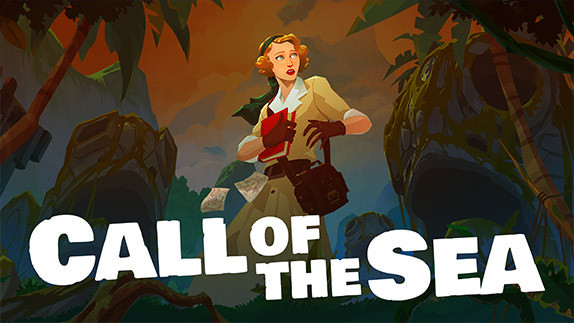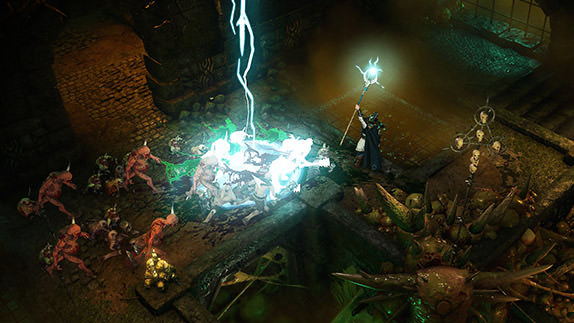Proton Pulse Plus Review

 By Mike de Leon | Posted: December 2, 2016
By Mike de Leon | Posted: December 2, 2016
Atari released one of the most famous table tennis video game adaptations in the arcades back in 1972 called Pong. It wasn't long before players were trying to break the on-screen visuals instead of competing against one another for points. Breakout and Arkanoid were certainly the two most popular games in the genre, with Arkanoid building upon the design of Breakout by adding different types of bricks, power-ups, and impressive visuals. I still have an Arkanoid cabinet in my garage that I wish had a working display. It made sense that with the release of modern VR platforms, brick breaking games would be some of the first to arrive. Set in bright, colorful pulsating environments out in space, you must defeat the M.O.A.I., a diabolical superpower, before it can control all of reality, ending all life as we know it.
Deflecting the proton, a glowing green energy orb, you must battle your way through dozens of levels set across three different worlds. The goal is simple: destroy all the bricks. The first few levels are quite simplistic in nature, but it isn't long before the game ups the complexity. In each world, you must contend with new hazards, such as bricks that take multiple hits, rotating blocks, ones that explode, and even permanent ones that only exist to get in your way. Eventually, you'll have to complete levels while using teleporters, force field barriers, and even battle against bricks that can alter the trajectory of the proton. If the action proves too much, you can trigger the ability to slow down time, which should help you recover from a possible disaster. The game is quite generous with the number of lives you start with, so losing a couple here and there isn't a big concern.
Proton Pulse Plus gives players the option of using the head-mounted display for controlling the paddle or using PlayStation Move controllers. I found the most enjoyment when playing strictly with the HMD, and not even bothering to use the PlayStation Move controllers. With that said, you are free to use one or two, turning your paddle into swingable rackets. The downside: once the glowing tip of the controller reaches the edge of what the camera can track, it will immediately disappear on screen, switching back to the standard control method, requiring you to once again turn the Move controller back on to use them.
You can put some spin on the proton in any direction, helping you get around indestructible bricks. I've always had an issue when there were only a few remaining bricks in these types of games, where I would never be able to angle the ball correctly into them. As you play each level, there is a countdown to unleashing the proton's ultimate attack. When you reach zero, the once glowing orb becomes a bright white source of energy with lightning bolts shooting from it. It is very helpful with clearing some of the more complex levels and helps the pacing of the game. Each world culminates with a boss battle against the M.O.A.I., which matches the appearance of the Easter Island heads known as Moai.
The game's original soundtrack is on point with a chiptunes style that feels straight out of the arcades during the '90s. The first world's music is the weakest in the game, but by the time you reach the boss at the end of world 2, you'll swear you are fighting against a big bad boss from an arcade brawler game. Just like Arkanoid, you'll gain access to power-ups to help you complete each level. Lasers can shoot from both ends of your paddle, while the metal orb can go through normal bricks without bouncing off them. My favorite: getting the metal orb and the enlarged orb at the same time. It literally clears levels in a matter of seconds.
Simply Put
Proton Pulse Plus adds some intriguing concepts to the brick breaking genre, but your enjoyment of the game will depend on how much you enjoy these types of games. There are 50 levels spread across three worlds, a throwback soundtrack, and bright and colorful visuals. The Move controllers don't really add to the experience since I've had nothing but issues keeping them synced in-game, but I never felt tired or strained using the HMD to move the paddle around.
Note: Proton Pulse Plus was reviewed on PlayStation VR. A digital copy of the game was provided by the publisher/developer.




